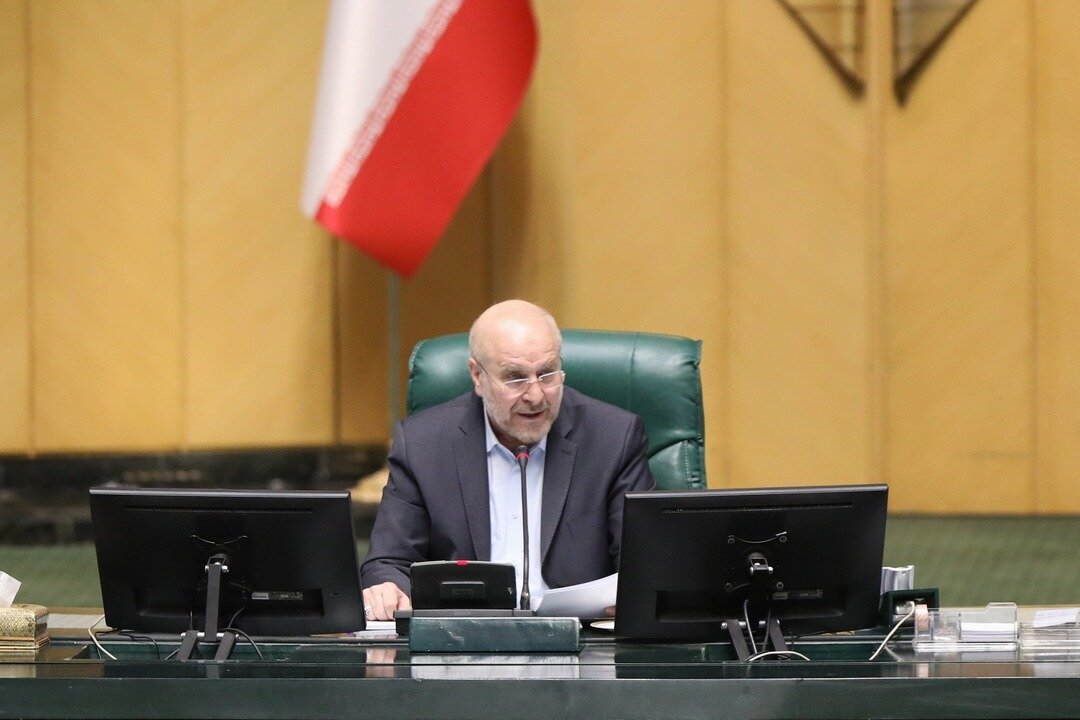Ghalibaf rejects move to impeach economy minister, calls for constructive interaction

TEHRAN – Iranian Parliament Speaker Mohammad Bagher Ghalibaf voiced his opposition to the seemingly-abandoned plans to impeach the economy minister during a speech on Tuesday.
"Actions like impeachment at the peak of the currency crisis are misguided as long as the supervisory meetings at various levels of the parliament and the coordination meetings between branches do not reach an impasse," he stated.
Conservative media reports indicate a significant number of Iranian MPs were intending to submit an impeachment motion against Naser Hemmati during Tuesday's parliamentary session.
In his remarks, Ghalibaf reminded the lawmakers about a piece of advice from the Leader of the Islamic Revolution Ayatollah Seyyed Ali Khamenei, saying, "The wise Leader of the Revolution explicitly recommended constructive interaction with the new government," adding, "The success of the president is our success, as the Leader urged us to believe this deeply."
He stressed that the policy of the Iranian Parliament is to support the government and aid the president in addressing the public's issues.
Ghalibaf stated that while parliament will utilize its full range of supervisory tools—including questions, impeachment, investigations, and legal follow-ups—to resolve public issues, the application of these mechanisms is contingent on their effectiveness in supporting the government's efforts to address citizens' concerns.
In the context of the currency market, the speaker said that Iran's enemies are exploiting every opportunity to strike at the nation's economy, stressing the need for "brave, wise, and informed decisions."
Decades of Western sanctions have severely damaged Iran's economy, causing the Iranian Rial to reach a record low of around 730,000 per U.S. dollar by the end of 2024. These sanctions, intensified after the U.S. withdrawal from the 2018 nuclear deal, have specifically targeted Iran's oil exports and restricted its access to global finance, resulting in high inflation and economic challenges.
Leave a Comment